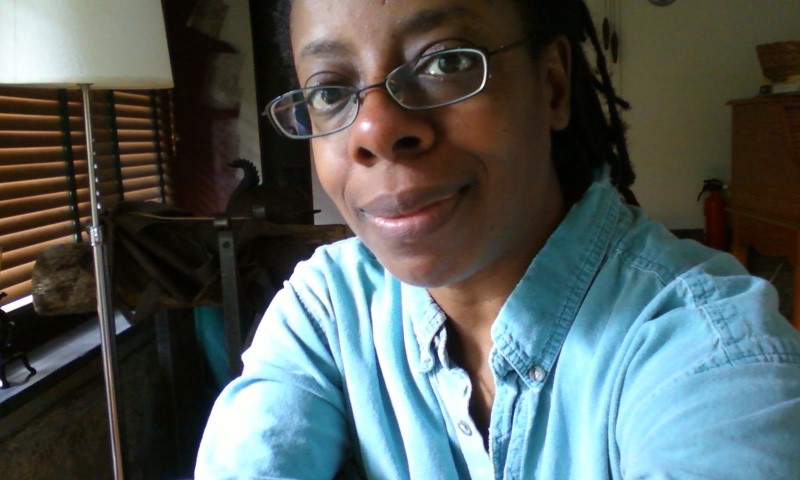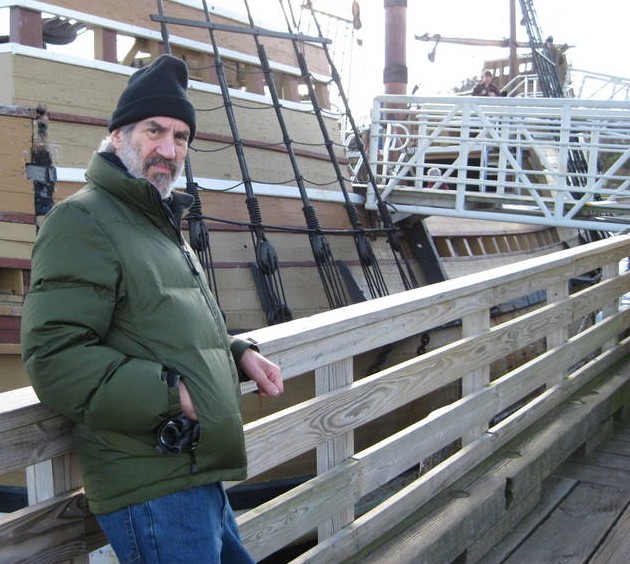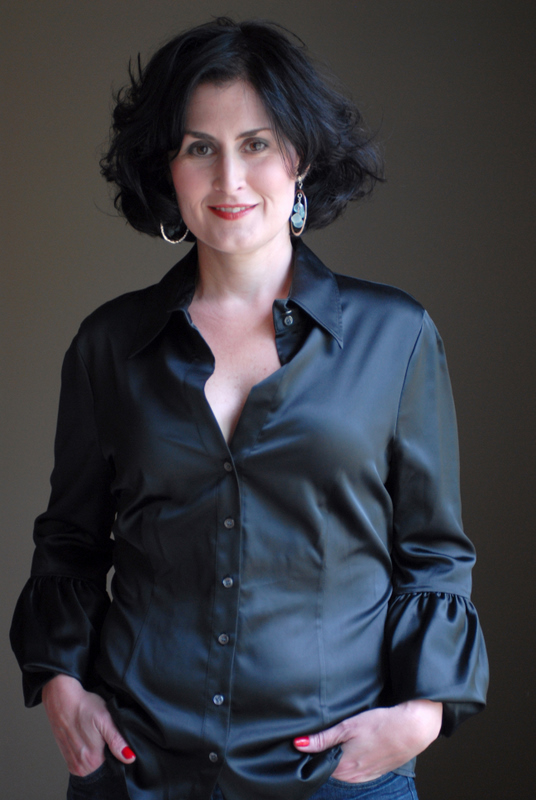.
Herewith, an excerpt from Anthony Doerr’s award-winning short story, “The Deep.” Recipient of the prestigious Sunday Times EFG Private Bank Short Story Award in 2011, “The Deep” is included in the paperback edition of Doerr’s 2010 Story Prize winning collection Memory Wall.
Born with a heart defect in the early days of last century, Tom is told he will not live past the age of eighteen. His concerned mother protects him at every turn. ‘Go slow’ his mother says. But Tom discovers life in the midst of fainting spells and industrial collapse, falling in love with the beautiful, red-haired Ruby Hornaday, a girl who dreams of diving on the ocean floors. Set against the salt mines of Depression era Detroit, the reader is transported in time and space in this heartbreaking story of love, hardship and the irrepressible human spirit.
Listen to a reading of “The Deep” by the actor Damian Lewis at the 2011 Oxford Literary Festival. Read an Richard Farrell’s interview of Anthony Doerr on Numéro Cinq.
—Richard Farrell
§
From “The Deep”
Tom is born in 1914 in Detroit, a quarter mile from International Salt. His father is offstage, unaccounted for. His mother operates a six-room, underinsulated boardinghouse populated with locked doors, behind which drowse the grim possessions of itinerant salt workers: coats the colors of mice, tattered mucking boots, aquatints of undressed women, their breasts faded orange. Every six months a miner is laid off, gets drafted, or dies, and is replaced by another, so that very early in his life Tom comes to see how the world continually drains itself of young men, leaving behind only objects—empty tobacco pouches, bladeless jackknives, salt-caked trousers—mute, incapable of memory.
Tom is four when he starts fainting. He’ll be rounding a corner, breathing hard, and the lights will go out. Mother will carry him indoors, set him on the armchair, and send someone for the doctor.
Atrial septal defect. Hole in the heart. The doctor says blood sloshes from the left side to the right side. His heart will have to do three times the work. Lifespan of sixteen. Eighteen if he’s lucky. Best if he doesn’t get excited.
Mother trains her voice into a whisper. Here you go, there you are, sweet little Tomcat. She moves Tom’s cot into an upstairs closet—no bright lights, no loud noises. Mornings she serves him a glass of buttermilk, then points him to the brooms or steel wool. Go slow,she’ll murmur. He scrubs the coal stove, sweeps the marble stoop. Every so often he peers up from his work and watches the face of the oldest boarder, Mr. Weems, as he troops downstairs, a fifty-year-old man hooded against the cold, off to descend in an elevator a thousand feet underground. Tom imagines his descent, sporadic and dim lights passing and receding, cables rattling, a half dozen other miners squeezed into the cage beside him, each thinking his own thoughts, men’s thoughts, sinking down into that city beneath the city where mules stand waiting and oil lamps burn in the walls and glittering rooms of salt recede into vast arcades beyond the farthest reaches of the light.
Sixteen, thinks Tom. Eighteen if I’m lucky.
—Anthony Doerr
.
.










